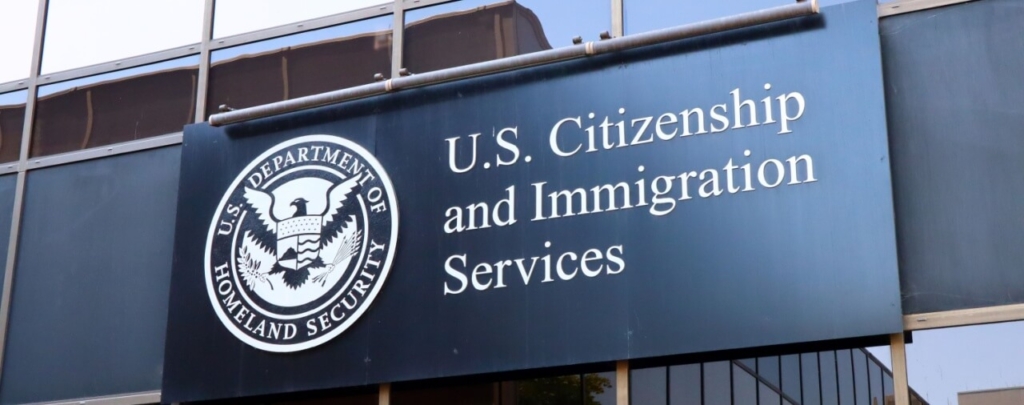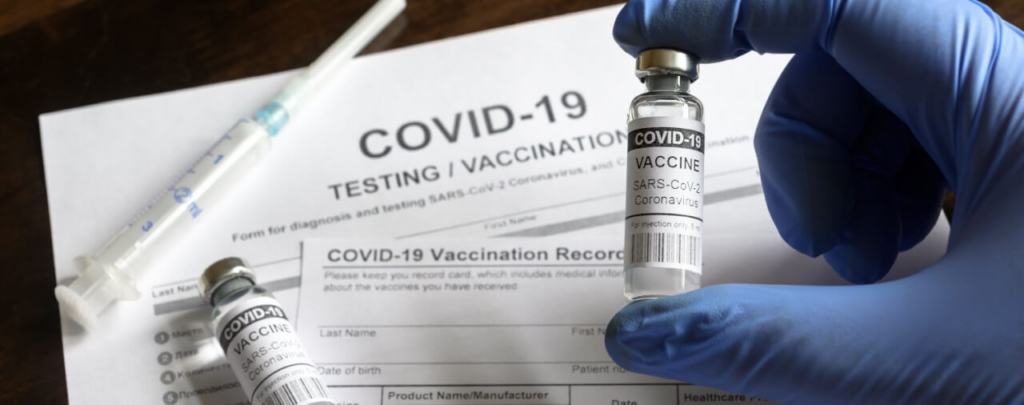On December 8, 2015, the U.S. House of Representatives passed the Visa Waiver Program Improvement and Terrorist Travel Prevention Act of 2015 [PDF of the legislation]1 by a margin of 407-19 (henceforth H.R. 158). In order to become law, the bill would need to be passed by the Senate and signed by the President.
H.R. 158 would modify several provisions of section 217 of the Immigration and Nationality Act (INA) [PDF version] pertaining to the Visa Waiver Program (VWP). Some of the key provisions include:
New Electronic Passport Requirements
Would require that aliens seeking entry under the VWP have an electronic passport that contains relevant biographic and biometric information.
Nationals of Iraq, Syria, and Certain Other Countries
Would make ineligible for the VWP either any alien who has been present in Iraq or Syria since March 1, 2011. This provision would extend to aliens who have been present in countries designated as sponsors of terrorism (Iran and Syria under current policy). This provision will not apply if the presence was for military or official government purposes for a VWP country.
Would make nationals of Iraq, Syria, Iran, and Sudan ineligible to enter the United States under the VWP.
Would provide that the Secretary of Homeland Security may waive VWP ineligibility if he or she determines that such a waiver is in the national interest.
Would require an annual review to determine if other countries should be added to the list.
Interpol Screening
Would require most VWP countries to certify that it is using Interpol databases to screen each person who is not a citizen or national of that country who is admitted to or departs that country.
Terminating and Designation as VWP Country
Would make it significantly easier to terminate the designation of a VWP country (on account of information-sharing or screening issues). The statute would allow the designation to be restored when the issues are rectified.
High Risk Countries and Suspending Designation
Would create procedures for designating “high risk” VWP countries and would allow for the suspension the designation of a VWP country based upon a determination that the country presents a high risk to the national security of the United States. This suspension could be lifted after appropriate consultation.
Discretion to Shorten Period of Eligibility Under the VWP
Would amend the INA to allow the Secretary of Homeland Security to shorten the period of eligibility for an alien under the VWP.
Furthermore, the legislation would provide for additional requirements for relevant federal agencies to report to Congress on various security issues regarding the VWP.
Conclusion
Despite the strong support in Congress, there is opposition to some of the reforms that were passed by the U.S. House. For example, the American Immigration Lawyers Association (AILA) unsurprisingly announced its opposition to the measure, citing in large part the categorical restriction on nationals of Iraq, Syria, Iran, and Sudan or those who have traveled to those countries within the past 5 years [see PDF].2
However, I think that the House bill is a step in the right direction. While the Senate will have room to improve it, H.R. 158 addresses many of the security concerns with regard to the VWP without gutting the entire program. Furthermore, it is important to remember that ineligibility for the VWP does not bar a person from seeking a nonimmigrant visa (such as the B2 visa) or an immigrant visa in order to enter the United States.
It seems quite likely that a VWP reform bill of some sort — likely similar to what the House passed — will reach the President’s desk within the next couple of weeks in conjunction with a broader spending bill. I will reserve final judgment on the VWP reform legislation until we see the final legislation that is signed into law. Please check my blog to stay posted on the VWP reform efforts.





